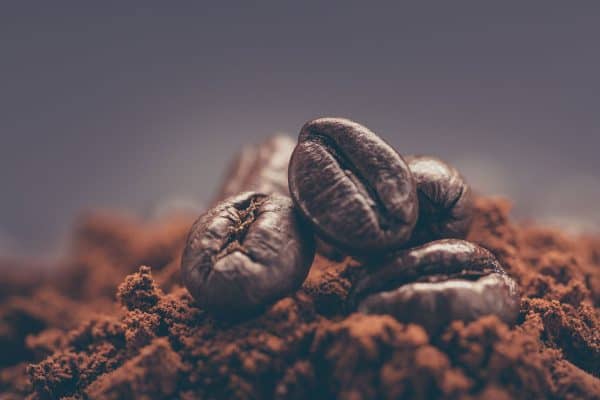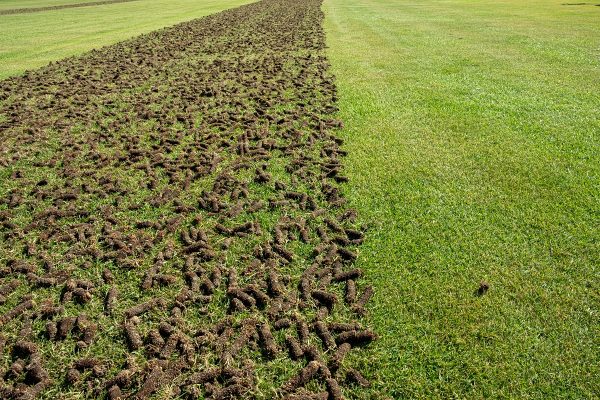Blood meal is just animal remains that can serve as manure for vegetable and grass cultivation. They are very rich in macronutrients, however, you might be unsure if you should use it for the grass or not. We consulted experts about this and here's how they replied.
Blood meal contains valuable nutrients that would make the grass in your yard grow and flourish. However, it can be highly concentrated with nutrients making it too tough on the soil. Adding too much blood meal can also damage your grass if precaution is not taken.
Blood meal can do a lot of good to your plants but keep reading to understand the factors you should consider, including the pros and cons of using blood meal.
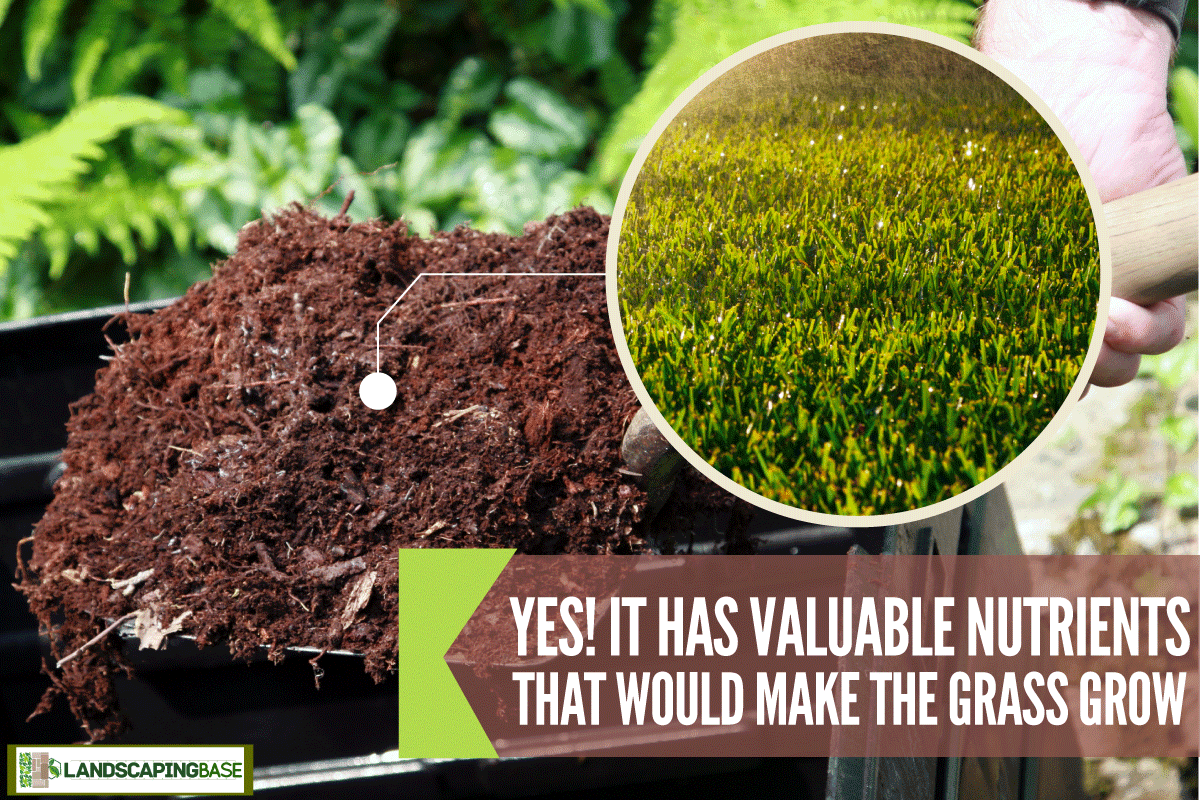
What is Blood Meal For Grass?
Blood gotten from the slaughtering of animals contains a lot of nutrients. When used as fertilizer or organic manure on soils, it can increase humus contents and organic nutrients in the soil. The blood would be dried, and then ground up until it turns into powder.
Blood meal is remains of animal blood that can be useful as organic nutrients in your farm or garden. In the first instance, it might improve the look of a garden. In the long run, however, it might be harmful to your plants.
Apart from the fact that blood meal is used in place of fertilizers or other organic nutrients source, they can still help curb pests and insects on a piece of land. They deter the protective capacity of the soil for squirrels and mice.
Mostly, cow blood is used, because it can be gotten easily. Blood from any other animal slaughtered for their meat can be used in place of cow blood if you are looking to make a blood meal yourself.
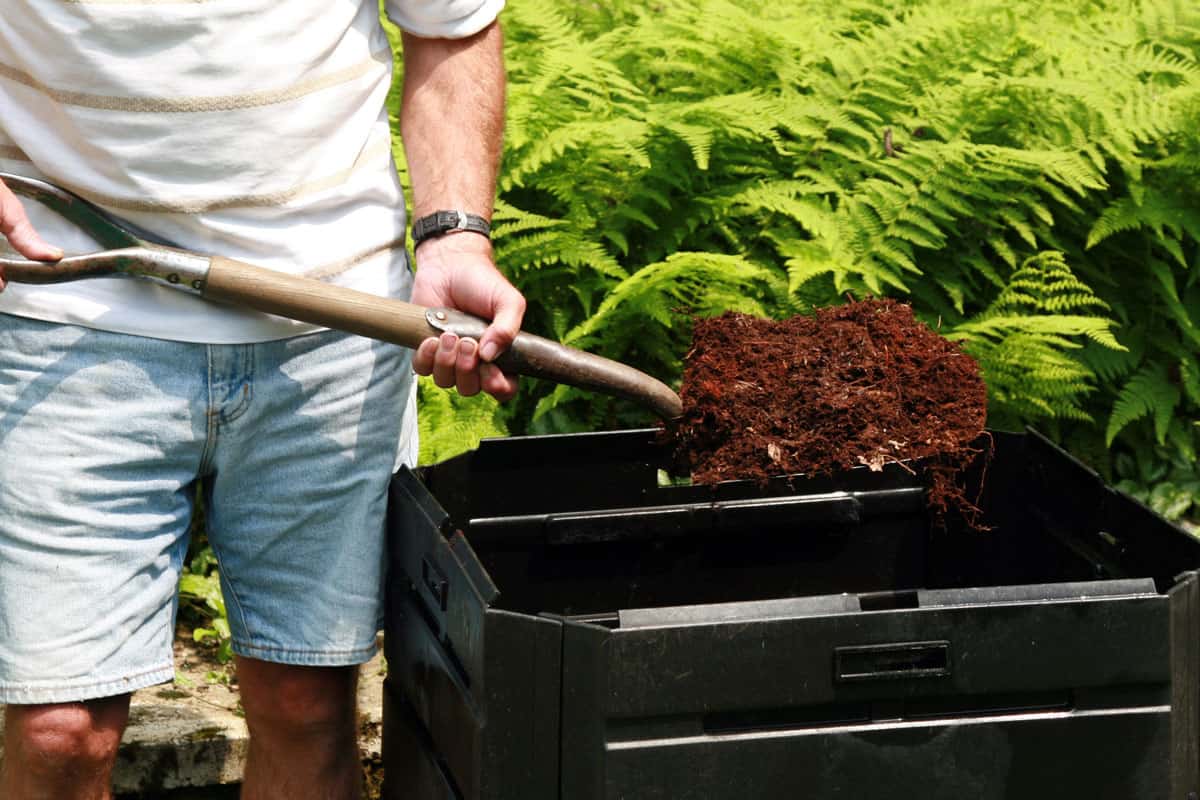
Are Blood and Bone Meals Good for Your Lawn?
Any animal remains like bones and blood contain a lot of nutrients that would decay into the ground. Hence, if these remains are ground into what is referred to as a meal, for them to be stored, then they can be beneficial to your lawn. They improve the nutrient availability of the soil which only a few organic substances do.
Blood meal is also very rich in sodium, potassium, and phosphorus, the three most important macronutrients for plants. Although nitrogen seems to have the largest share of the ratio, others are included in smaller quantities too.
Moreover, apart from adding nutrients to your plants, blood meal can also deter pests. Pests are repelled when they come across soils or plants with a heavy portion of blood and bone meal.
Can You Add Too Much Blood Meal to The Soil?
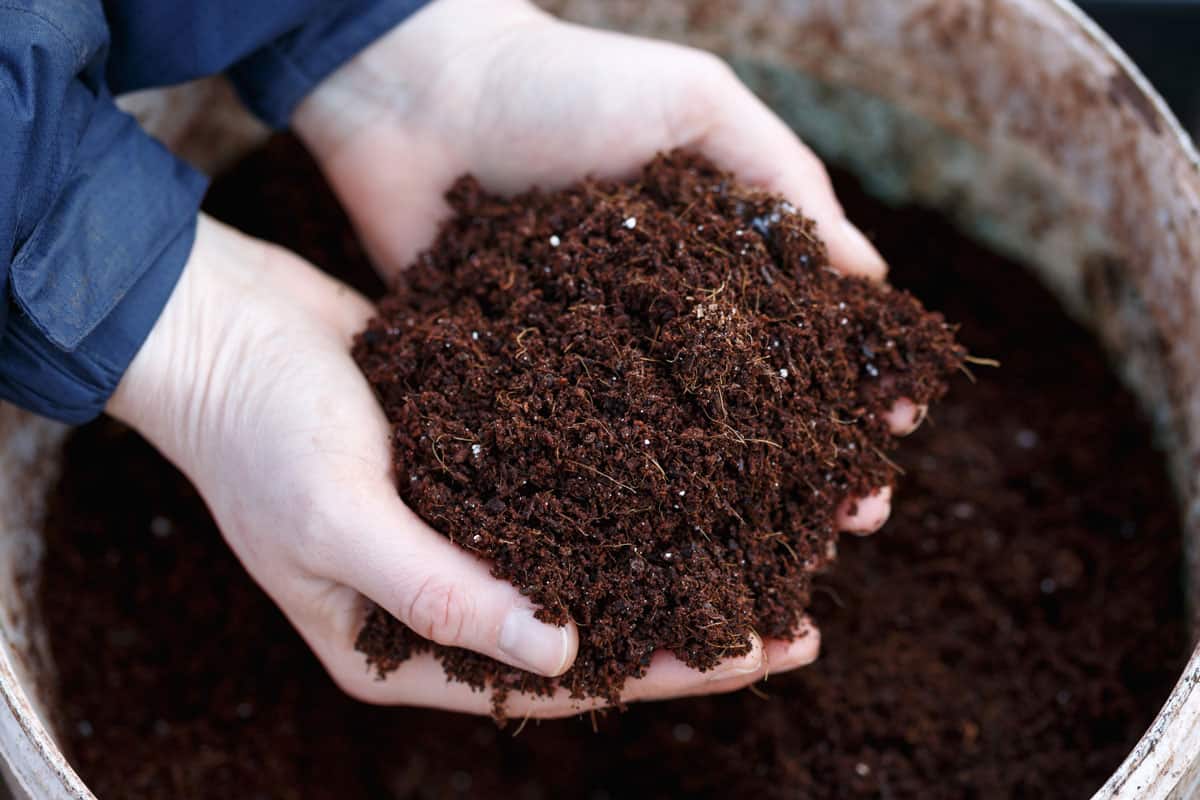
Blood meal is great for the soil. However, applying too much blood meal can have a detrimental effect on the soil. Blood meal can chase away pests such as rodents that would find their way into your garden to feed on crops.
Overuse of blood meal in the soil can attract crickets that can totally destroy plants and grasses. Blood meal contains macro nutrients with nitrogen taking the highest percentage.
Nitrogen is beneficial to plants but if you apply too much blood meal, then you might introduce too much nitrogen to the soil. When nitrogen is too much in the soil, it can result in stunted growth for your grass.
Additionally, if your house has pets such as dogs around, excess blood meal on the soil can cause a strong blood smell that would attract this carnivore.
Even some people are naturally allergic to the smell of blood and excessive blood meal additive can affect them too. Besides, it is even more expensive to use too much blood meal as they can be pricey.
How Long Does Blood Meal Take to Break Down?
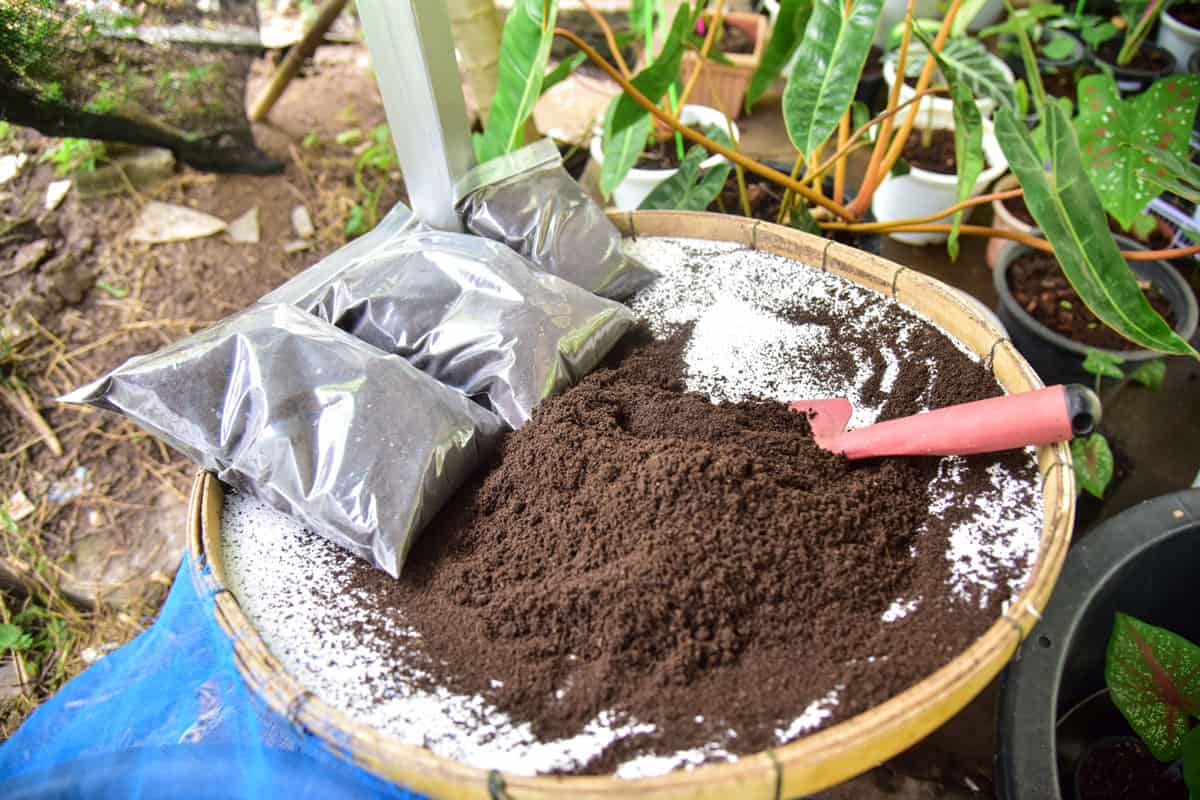
Once the blood meal is sprinkled onto the soil, it would take some time to break down and the released nutrients become released into the soil. That is how all manure and fertilizers work. There is no exact time needed but you should expect to see the effect of the blood meal in a few weeks.
Which Is Better, Bone Meal or Blood Meal?
A bone meal fertilizer helps plants grow. It contains phosphorus and calcium, which are both important nutrients for plants. The crushed bones of animals are added to soil as a way to provide these nutrients to the plant roots without having to use synthetic fertilizers.
Bone meal is made by crushing animal bones into small pieces, then heating until they turn into powder form. The bone meal can then be mixed with soil or potting mix before it's used as a fertilizer in the garden or on crops like corn and soybeans.
It is important to note that there are some differences between bone meal and blood meal. Bone meal is very rich in phosphorus and still contains NPK just like blood meal, but nitrogen is more sufficient in blood meals.
You need to test your soil first to know which of the elements is deficient in the soil before choosing which to use. An issue with phosphorus means you should use bone meal while an issue with nitrogen means you should use blood meal.
Is Blood Meal a Good Source of Nitrogen?
Blood meal is a good source of nitrogen. It contains about 90% protein substance, and 7% fats, and the remaining percentage is shared amongst other primary nutrients.
Protein contains strong organic carbon and nitrogen. The further breakdown would leave you with residual gases.
Can Blood Meal Be Mixed With Water?
Blood meal is in powdered form, while a few others are in crystal form. In both forms, it is soluble in water only that the former is more soluble than the latter. You can mix blood meal with water before applying it to the soil.
What Plants Benefit From Blood and Bone Meal?
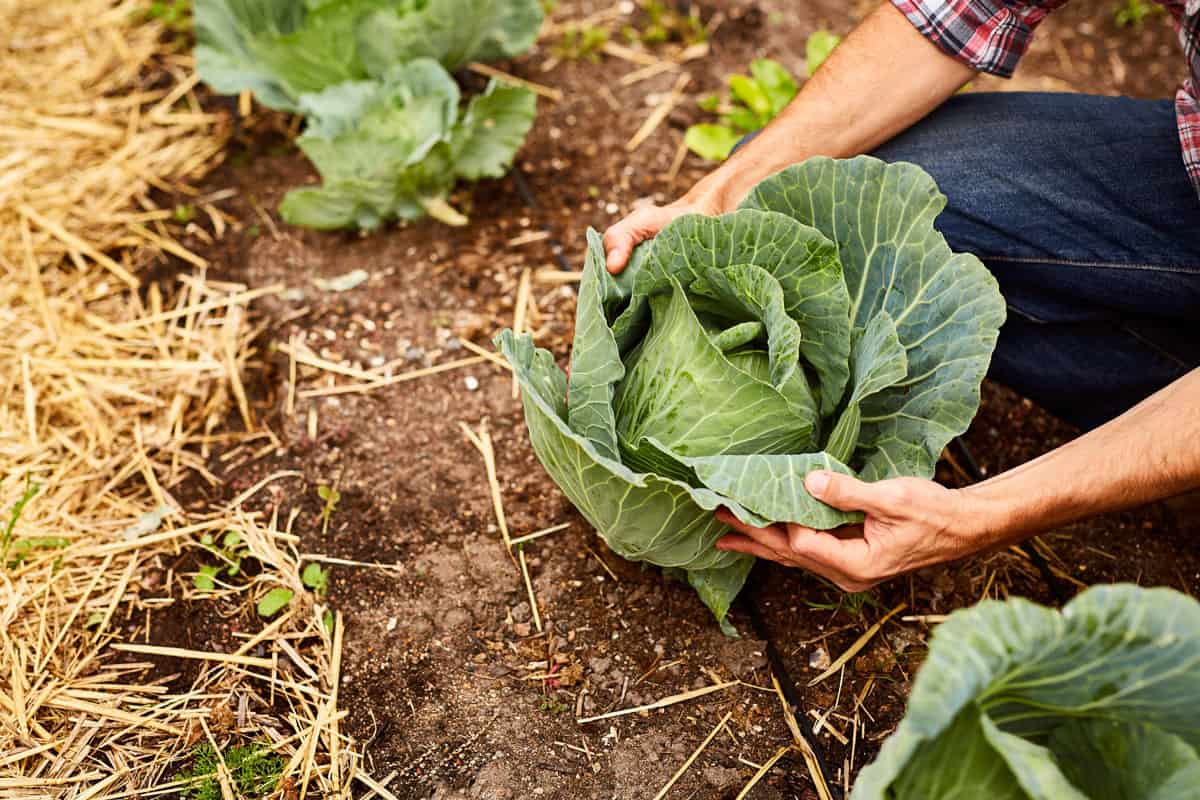
Blood meal has been used for decades as an organic fertilizer. Today, it is also used as a food supplement for livestock. It is a high nitrogen fertilizer that can be used to grow vegetables. This type of fertilizer is usually made from animal blood. It is a great way to add nitrogen, which vegetables need to grow.
Vegetables need high nitrogen levels in order for them to grow properly. Plants that need a high amount of nitrogen to grow are those that need blood and bone meal mostly.
Examples of these plants include tomatoes, cabbage, and most outdoor vegetables. Cabbage, brussel sprouts, and lettuce are all vegetables that can benefit from the use of blood meal as a fertilizer.
Blood meal can be applied to vegetables in two ways: as a foliar spray or as a soil drenching. A foliar spray will last longer than when applied to the soil, but both methods work well. If there are other ways to get nitrogen organically such as from leguminous plants, then you should do that.
Conclusion
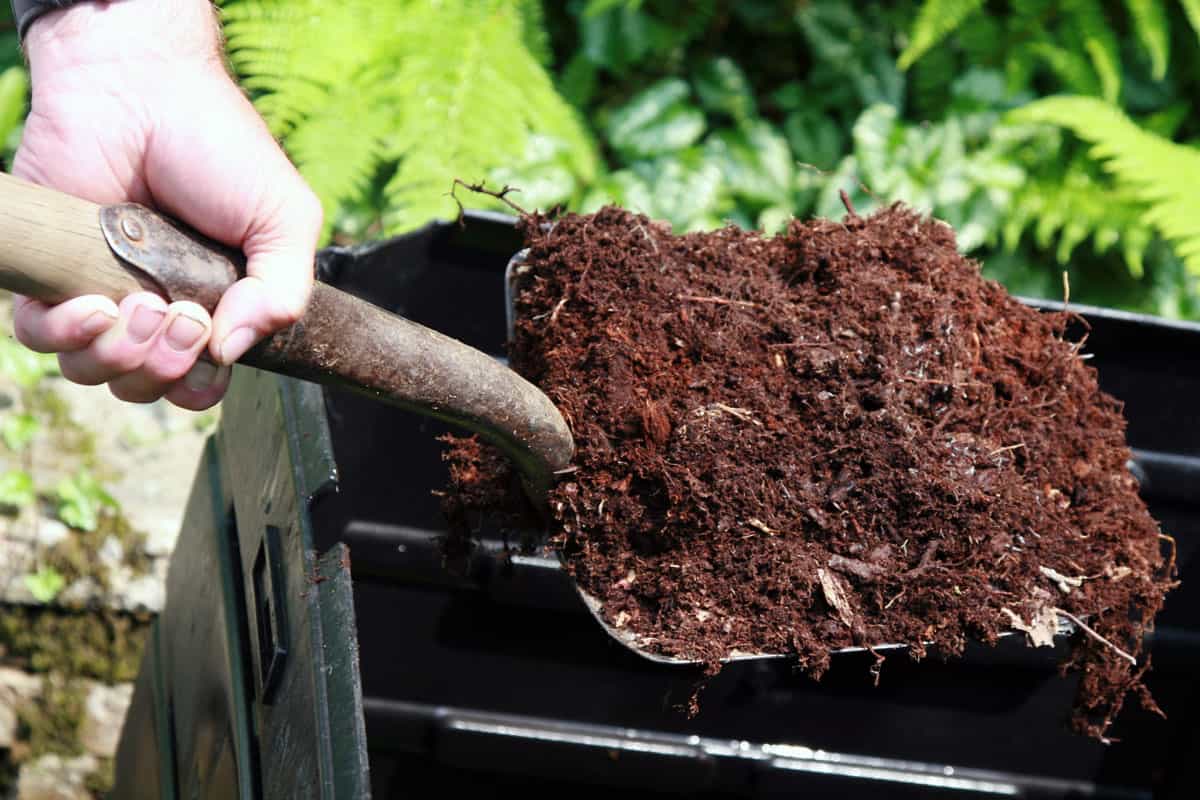
Nitrogen is one of the most important elements needed in the soil. It would be good to get them from natural elements instead of fertilizers. So, with the application of blood meal in adequate quantity, you can improve the growth of your plants.


